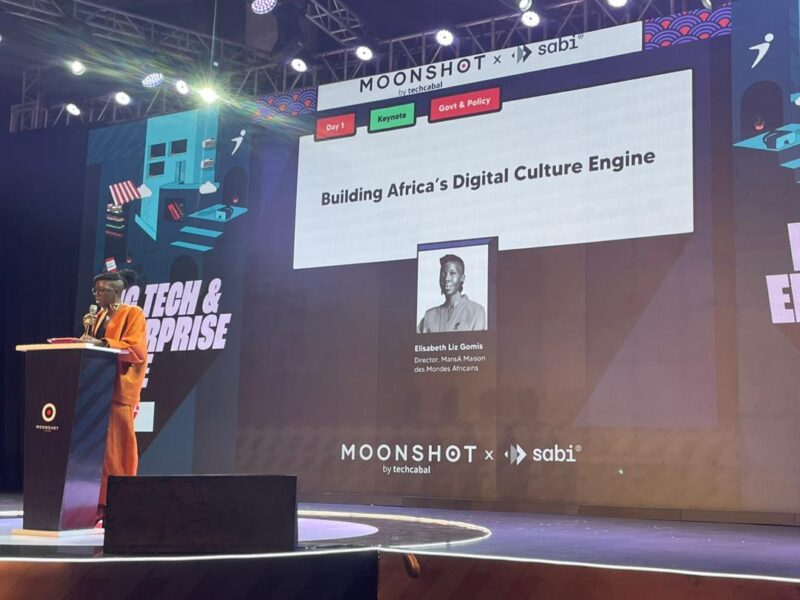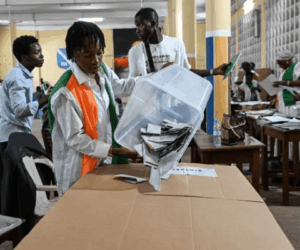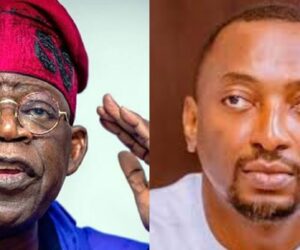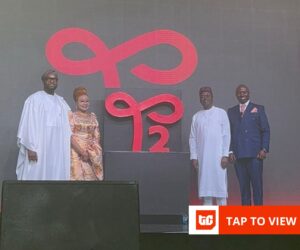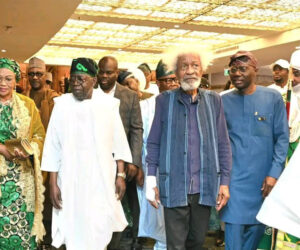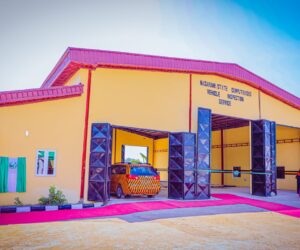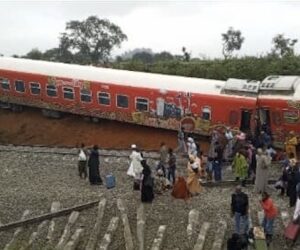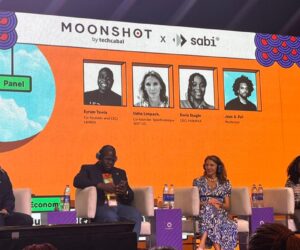The director of MansA Maison des Mondes Africains, Elizabeth Liz Gomiz, believes Africa’s future depends on owning the tools that power its storytelling.
“Creativity is not enough when the tools, frameworks, and platforms don’t belong to us,” she said at Moonshot by TechCabal on Wednesday, October 15. “The digital world has become the place where culture is made, where stories are written, where symbolic and economic values accumulate. Yet, the infrastructures, platforms, and algorithms that shape these worlds are, for the most part, built elsewhere.”
As AI, data, and digital platforms become the new frontiers of cultural power, Africa’s stories risk being filtered through systems that neither know nor recognise its people. Already, platforms like Netflix and Amazon’s Prime are the major vehicles powering African storytelling today. Gomiz wants to change this through MansA, a company that champions projects that invest directly in African creators.
One such project, MansA Lab, is an incubator launching in November 2025 to support a dozen projects by entrepreneurs, artists, designers, and other creatives shaping the story of African worlds. The aim is to help Africans reclaim their narratives and build bridges between Africa and Europe, rather than what Gomiz calls “organised dependencies.”
“Our goal is simple,” she explained. “To ensure that future AI models recognise our languages, our faces, our rhythms, our mythologies, because the future will not be built on imported datasets. It will be built on our own archives, our stories, and our sensibilities. For this, we need to accelerate the moment, and that requires funding. It’s important to invest in creators as much as in technology.”
Gomiz urges investment in storytelling on a national scale or continental scale. The way a country tells its story shapes how the world perceives it, influencing trade, innovation, tourism, and even confidence among its citizens, she argued.
“The future of the creative industry will not be designed in Paris,” she said. “It will be built in Lagos, Dakar, Nairobi, Abidjan. The engine of Africa’s digital culture are the creators, technologists, and dreamers.
“It is not about connecting artists to platforms alone; it is about giving them mastery over narrative, capital, and tempo. This engine cannot be imported. It must be tuned to our rhythms, our languages, our memories. We don’t need a replacement engine. We need a living, collective, rebellious one, and that engine already exists. It’s called creation.”

